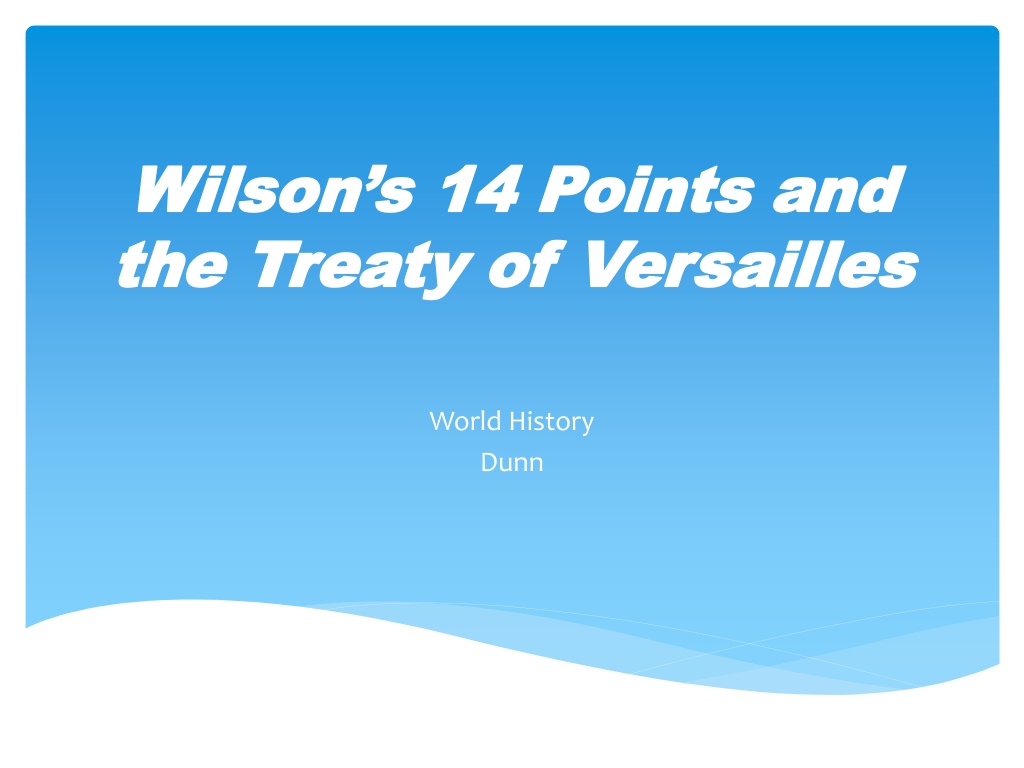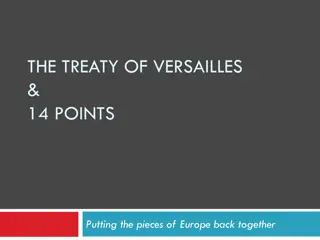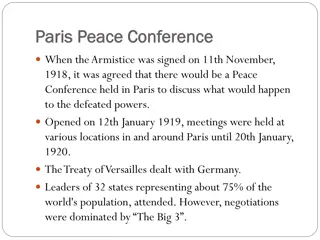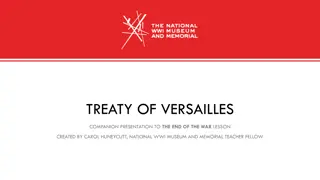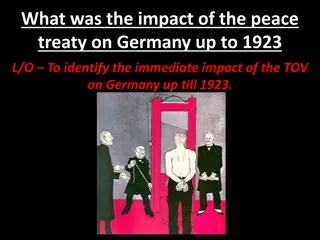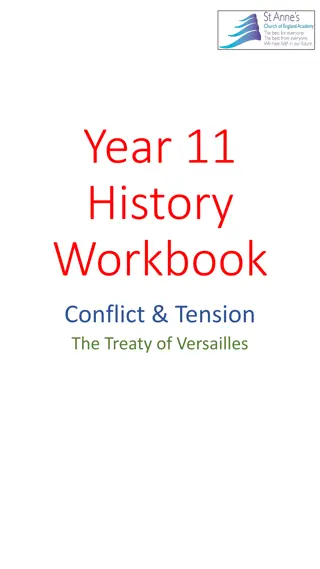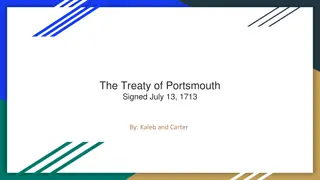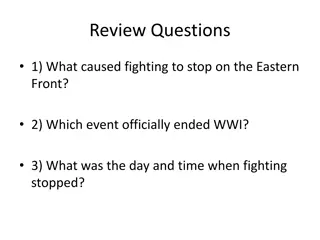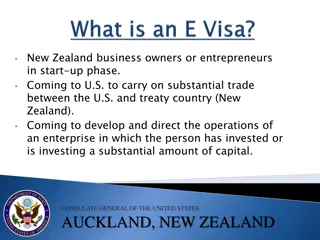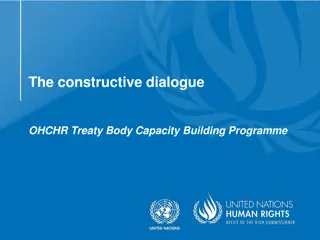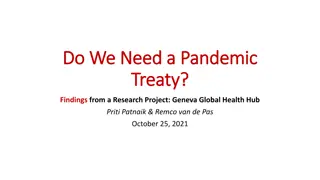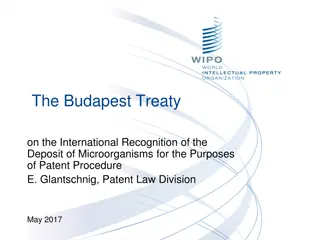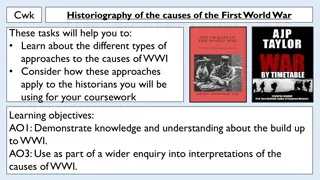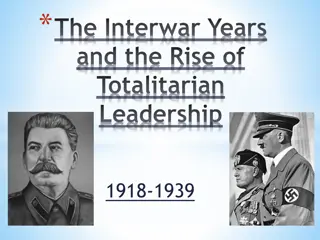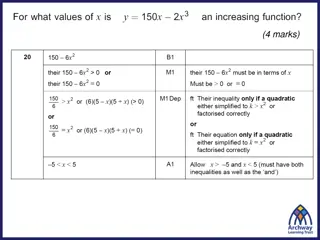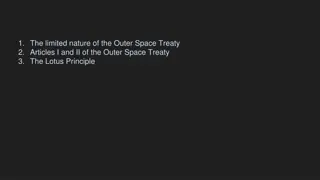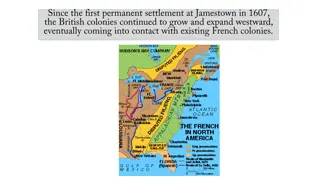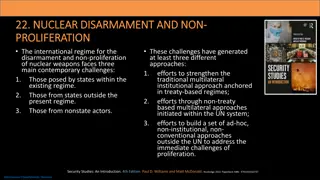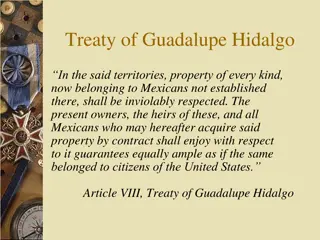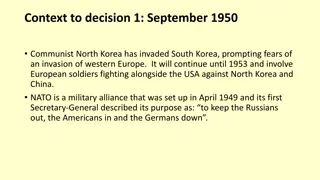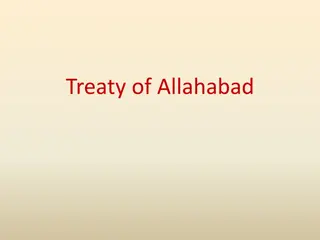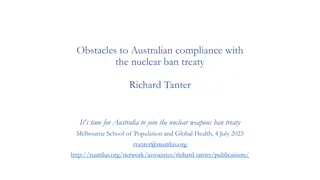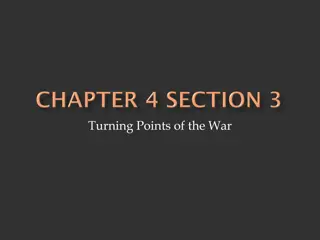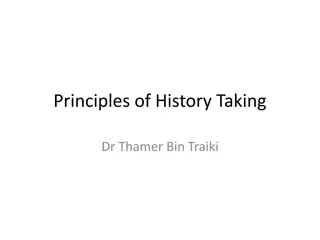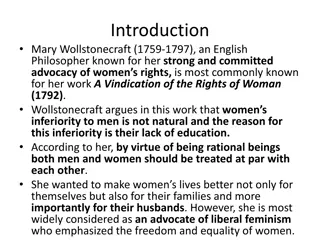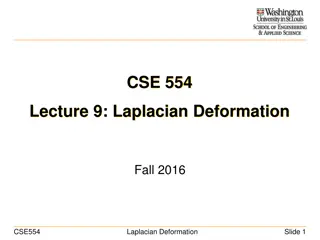Versailles Treaty and Wilson's 14 Points in World History
Wilson's 14 Points aimed to prevent future wars by advocating for an end to secret agreements, self-determination for ethnic groups, and the establishment of a League of Nations. However, at the Treaty of Versailles, conflicting interests among world leaders led to a different outcome, with Germany facing harsh punishments and territorial changes. Wilson's hopes for peace rested on the League of Nations, despite challenges. The treaty's major provisions included Germany accepting full blame for WWI and facing significant reparations.
Download Presentation

Please find below an Image/Link to download the presentation.
The content on the website is provided AS IS for your information and personal use only. It may not be sold, licensed, or shared on other websites without obtaining consent from the author. Download presentation by click this link. If you encounter any issues during the download, it is possible that the publisher has removed the file from their server.
E N D
Presentation Transcript
Wilsons 14 Points and Wilson s 14 Points and the Treaty the Treaty of of Versailles Versailles World History Dunn
Wilsons Vision for World Peace A. Fourteen Points to End All Wars 1. Wilson s first goal was to eliminate the causes of wars by calling for an end to secret agreements and alliances, protecting freedom of the seas, and reducing weapons. 2. Wilson s 2nd goal was to ensure the right to self- determination so ethnic groups and nationalities could live under governments of their own choosing. 3. The last of the fourteen points called for setting up a League of Nations to ensure world peace.
Ideals Versus Self-Interest at Versailles A. Peace Without Victory Gives Way to War Guilt and Reparations 1. Wilson s vision for a peaceful world was different from the vision of other Big Four leaders. 2. France s Georges Clemenceau was most concerned about French security. 3. Britain s David Lloyd George wanted Germany to accept full responsibility for the war through a war-guilt clause and reparations. 4. Wilson tried to restrain from punishing Germany but ultimately agreed to gain support for the League of Nations.
George (UK), Orlando (Italy), Clemenceau (France) Wilson (US)
Ideals Versus Self-Interest at Versailles B. Self-Determination Survives, but Only in Europe 1. Yugoslavia, Czechoslovakia, Poland, Estonia, Latvia, and Lithuania all gained independence. 2. Parts of Germany were given to other European nations without regard to the desires of people living there. 3. German colonies in China, the Pacific, and Africa were taken by the Allies, while areas once controlled by the Ottoman Empire became mandates of the League of Nations.
Ideals Versus Self-Interest at Versailles C. Wilson Pins His Peace Hopes on the League of Nations 1. Wilson agreed to the treaty because he hoped that the League of Nations would be able to correct its many flaws. 2. The Big Four signed the Treaty of Versailles on June 18, 1919.
Major Provisions of the Treaty of Versailles The Punishment of Germany The Punishment of Germany Germany was required to admit total blame for starting World War I. Germany was required to pay for the total cost of WW I, including homes and factories destroyed; ammunition; uniforms; and pensions for Allied soldiers. Allied leaders could not agree on a total amount or a timeline for payment. When the treaty was signed, estimates for reparations (repayment for war damages) were as high as $300 billion.
Major Provisions of the Treaty of Versailles Germany s military was limited to: - Only 100,000 soldiers and officers, - No Air Force allowed and - No Navy. The German naval fleet was turned over to the Allies. - No Submarines
Major Provisions of the Treaty of Versailles Germany s colonial possessions were divided among the Allies. France gained control of the German border region of Alsace-Lorraine, mining rights in the Saar, occupation right in the Rhineland for 15 years, and supervisory control over some German territories in the Middle East. Britain was granted a mandate control but not possession over some German-controlled territory in the Middle East. Italy gained control over the southern Tyrol, a region in the Alps inhabited by 200,000 Germans. Japan was granted a mandate over German colonies in the Pacific and Asia, including China s Shandong province.
Major Provisions of the Treaty of Versailles Other Territorial Changes Other Territorial Changes Austria-Hungary, Germany s chief ally in World War I, was divided into four independent nations: Austria, Hungary, Yugoslavia, and Czechoslovakia. Five other independent nations were established along Germany s border with the Soviet Union to prevent the spread of communism: Poland, Finland, Estonia, Latvia, and Lithuania.
Major Provisions of the Treaty of Versailles International Organizations International Organizations Established Two international peacekeeping bodies were established by the treaty: the League of Nations and the World Court. League member countries were obligated to assist one another in stopping international aggression. The World Court was set up to mediate disputes between countries. Established
Major Provisions of the Treaty of Versailles Issues Not Covered by the Treaty Issues Not Covered by the Treaty of of Versailles Versailles Wilson wanted open negotiations and the elimination of secret treaties. The Treaty of Versailles was mostly negotiated behind closed doors by representatives of four nations: the Untied States, Great Britain, France, and Italy. There is no mention of the rights of neutrals at sea or freedom of the seas in the treaty.
Major Provisions of the Treaty of Versailles Issues Not Covered by the Treaty Issues Not Covered by the Treaty of Versailles of Versailles Free trade was largely ignored by the treaty. Tariffs were left intact. The exception was German colonies, in which free trade was required. No country besides Germany was required to reduce the size of its armies or armaments.
